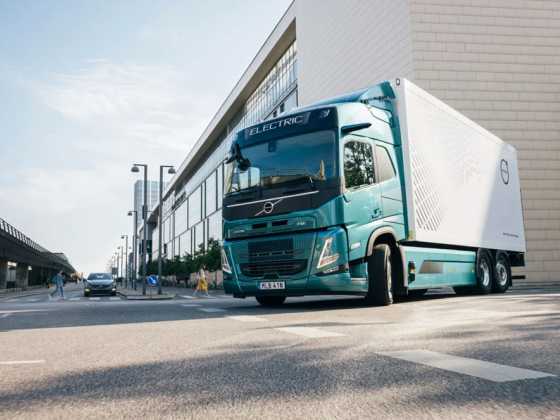My Electric Avenue reveals project findings
The 18 month electrical vehicle (EV) pilot project, My Electric Avenue, has released its findings, in hope that energy companies, car manufacturers and others can learn from the scheme.
The project analysed the various kinds of low voltage networks in the UK and four types are expected to experience issues due to the uptake of EVs at differing penetration levels. It involved recruiting clusters of neighbours around the country who drove Nissan Leaf electric cars for 18 months, in order to mimic a future scenario where a high majority of people were driving a pure electric vehicle or plug-in hybrid electric vehicle (PHEV).
Figures showed that across England, 32 per cent of local electricity networks (312,000 circuits) will require intervention when 40-70 per cent of customers own EVs.
It also found evidence that suggested new technology could reduce costs by around £2.2 billion up to 2050.
The findings suggested that a replacement of underground cables in the public highway would become necessary. However, Electric Avenue also trialled a lower cost solution to this in the form of ‘Espirit’. Espirit is a piece of technology that has been designed to control the charging of EVs if the local electricity grid reaches a certain level of demand.
By incorporating Espirit into networks, EV charging does not require underground cables, overhead lines and will prevent substations from being overloaded.
My Electric Avenue was hosted by Scottish and Southern Energy Power Distribution and led by EA Technology. The project was funded through OFgem’s Low Carbon Network fund, in addition to contributions from key partners.
My Electric Avenue Project Director, Dave Roberts from EA Technology, comments: “The automotive sector has well established and effective communication channels to discuss industry issues.
“However, historically there has not been much cross-sector communication between the automotive and energy industries. My Electric Avenue has brought these two sectors together and has started dialogue, and this needs to develop further as vehicle manufacturers announce plans for increasing numbers of higher performance plug-in vehicles.”
Stewart Reid, Head of Asset Management and Innovation at Scottish and Southern Energy Power Distribution adds: “The project has been invaluable in showing us what challenges we are likely to face in the near future as more and more customers adopt EVs. It’s also demonstrated that there is a solution which is capable of helping us overcome these challenges before they affect our customers.
“With new vehicles due to place even greater demands on our networks, we are conscious of the need for both ourselves and the automotive industry to share our learning, challenges and innovations with one another. We are excited at this prospect, which will allow the decarbonisation of our respective industries to continue at pace.”
Olivier Paturet, General Manager – Zero Emission Strategy, Nissan Europe said: "The all-electric Nissan Leaf is a pioneer in its own right and we're delighted that it has played such a major role in My Electric Avenue's ground-breaking research. Not only has My Electric Avenue provided us with a greater understanding of the impacts of electric vehicle charging on local grids, but it has also given us a clear vision of what the streets of the future may look like.
“EV sales are increasing at a phenomenal rate in the UK and wider Europe and it’s vital that automakers continue to work closely with the energy industry to progress the EV movement. Nissan is already heavily involved in the development of ‘smart grid’ technologies that will allow EV drivers to proactively manage their electricity use at home and we will be making further announcements on this during the coming months.”



